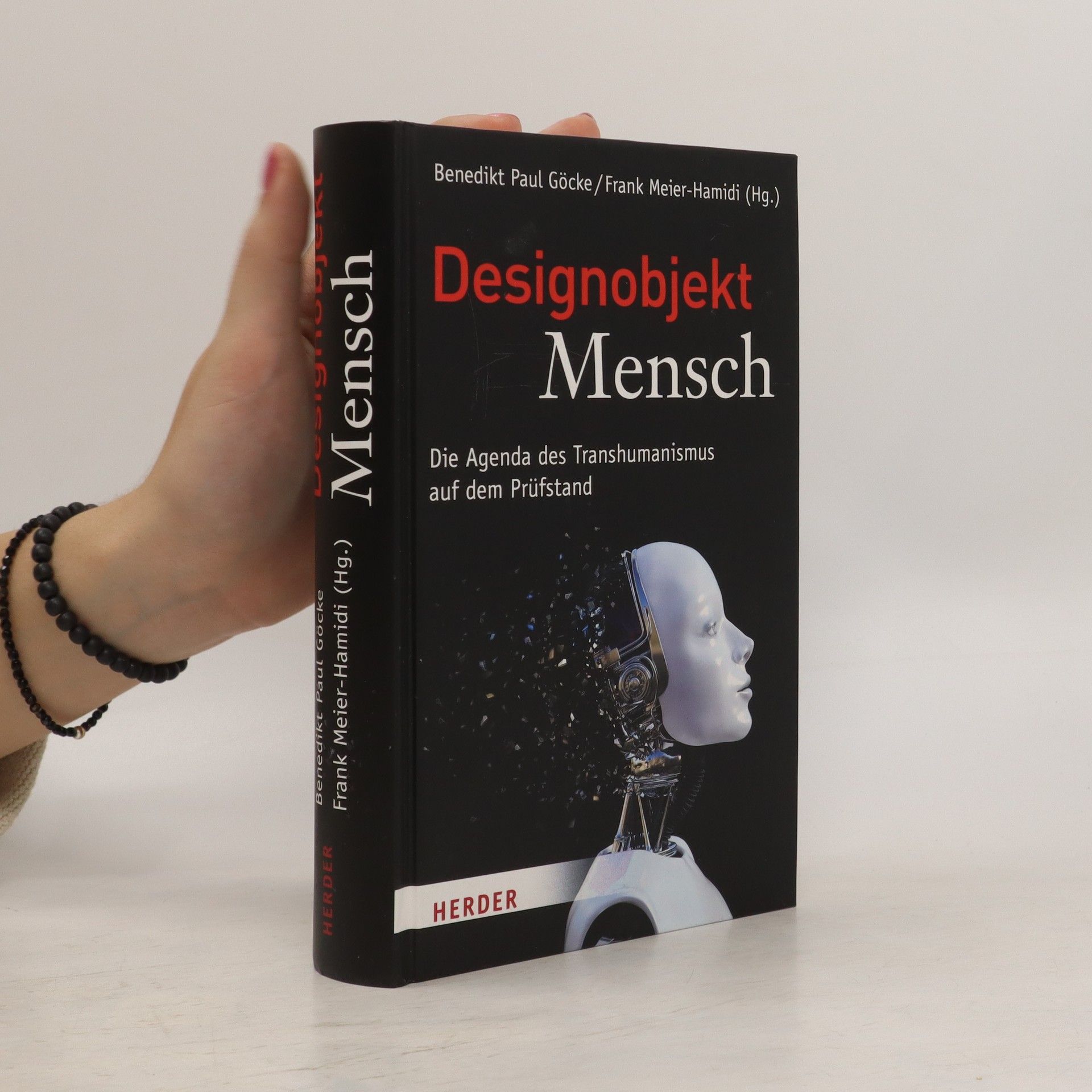Gott existiert: Analytische Theologie und die Frage nach dem Ursprung der Wirklichkeit
- 101 pages
- 4 hours of reading


Die Möglichkeit der kybernetischen und genetischen Veränderung der menschlichen Natur rückt näher. Für den Transhumanismus ist dies ein Schritt der kulturellen Evolution, der es dem Menschen ermöglicht, seine biologische Entwicklung zu steuern und Kontrolle über seine mentalen sowie körperlichen Eigenschaften zu erlangen. Der Band analysiert den Transhumanismus und seine Optimierungsagenda aus philosophischer, theologischer, sozialwissenschaftlicher und naturwissenschaftlicher Sicht und bietet wertvolle Impulse für die politische Diskussion. Er ist das Ergebnis einer interdisziplinären Fachtagung, die 2017 in Münster stattfand und Wissenschaftler aus sechs Ländern zusammenbrachte, um die Herausforderungen und Chancen der biologischen und technologischen Perfektionierung des Menschen zu erörtern. Angesichts der zunehmenden Verschmelzung von Mensch und Technik durch Unternehmen wie Google und die Singularity University ist es wichtig, den gesellschaftspolitischen Diskurs zu fördern und vielfältige Perspektiven einzubeziehen. So soll verhindert werden, dass die Gesellschaft vor der vollendeten, aber unreflektierten Realität eines biologisch und technologisch veränderten Menschen steht. Der Band enthält Beiträge von renommierten Wissenschaftlern, die die gesellschaftspolitische Bedeutung dieser Entwicklungen für Theologie und Ethik bewerten.